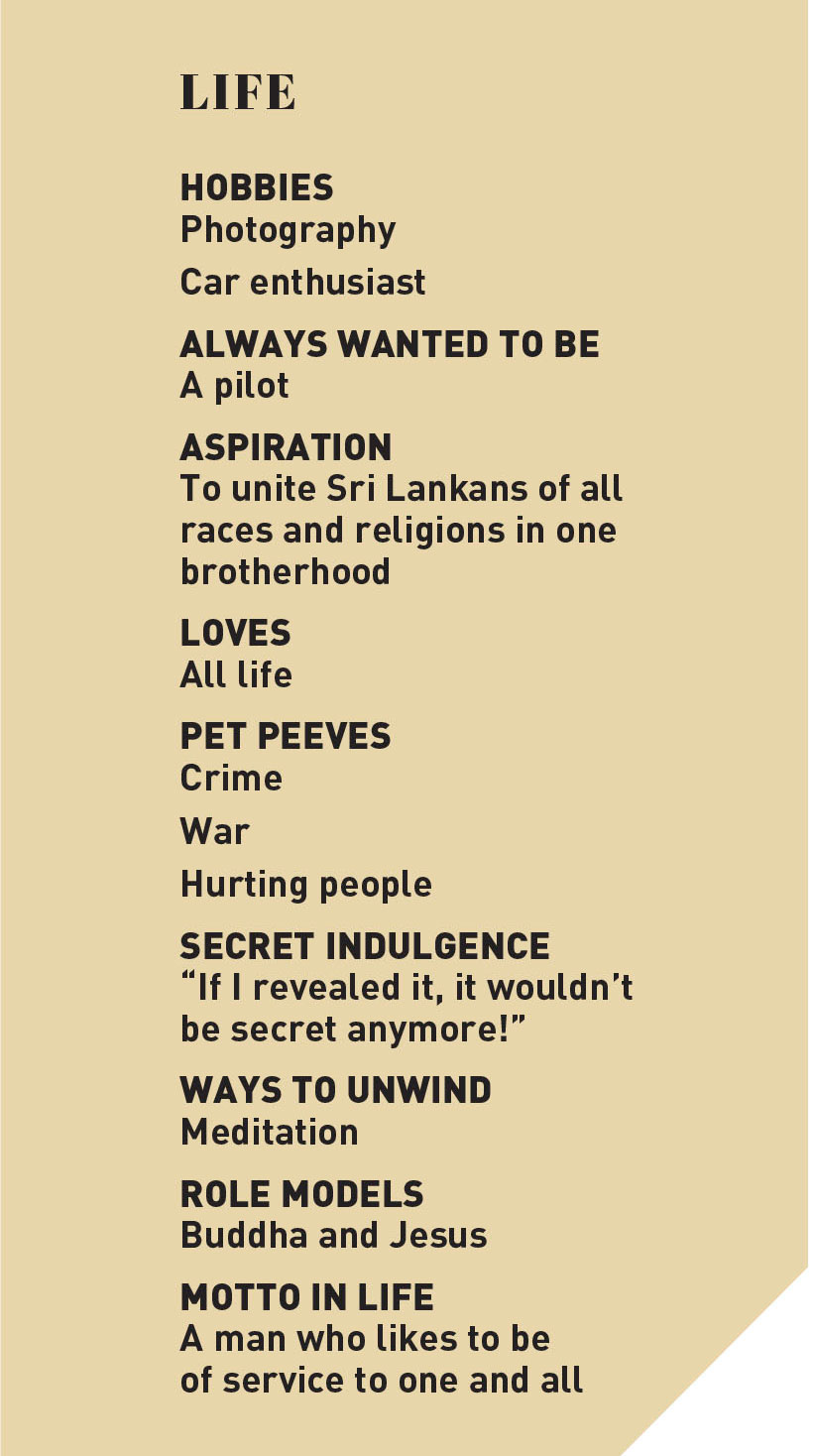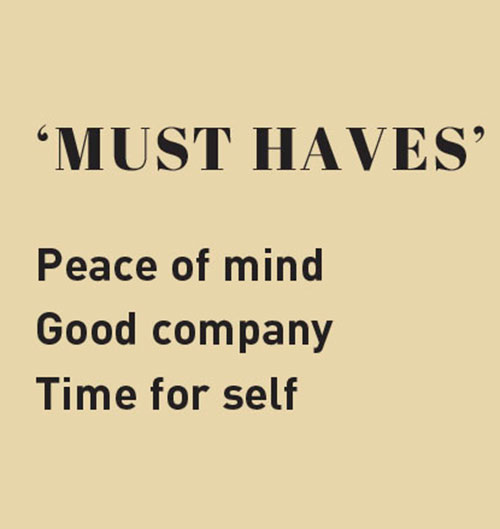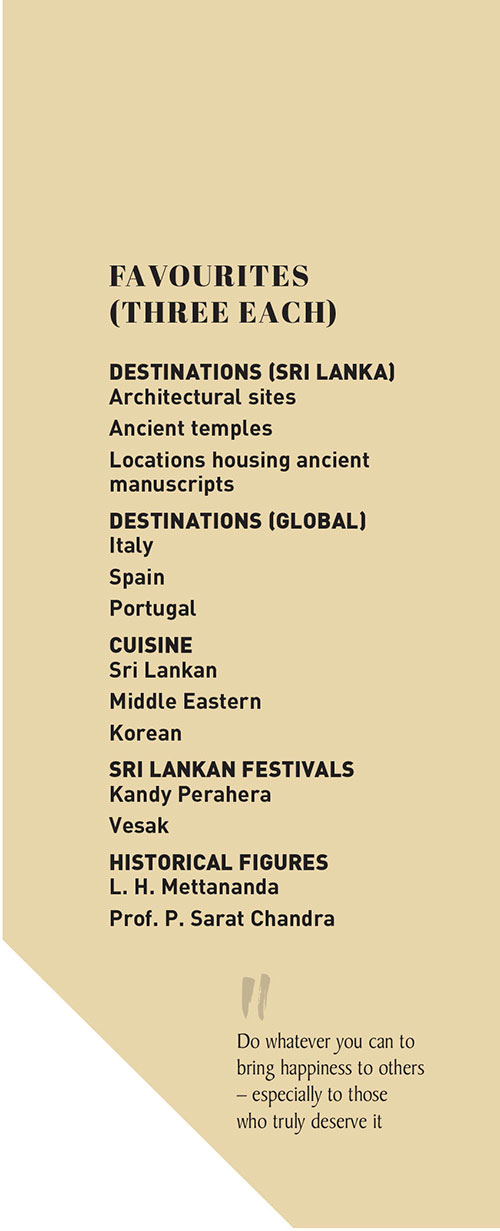CONNECT LOS ANGELES
Dr. Walter Jayasinghe
Preserving Sri Lanka’s heritage
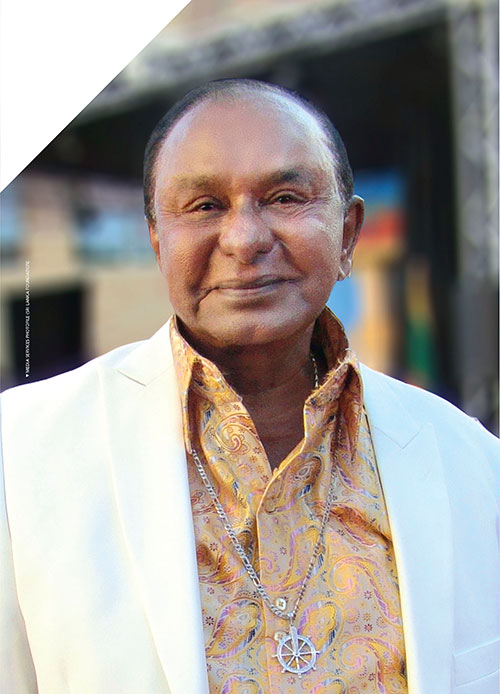
From a childhood marked by hardship, Dr. Walter Jayasinghe learned resilience and empathy, qualities that have guided his lifelong commitment to healing and service. Beyond medicine, he has dedicated himself to philanthropy and cultural preservation, founding the Sri Lanka Foundation International to connect and uplift the global Sri Lankan community.
Whether through pioneering accessible healthcare or honouring the Sri Lankan heritage, the Sri Lanka born physician who found both opportunity and purpose in the US after arriving in 1962, has always had a mission: to serve others, bridge divides, and give back to the people the values that shaped him.
To me, the country isn’t just a place – it’s the society, the people, the teachers and the system that shaped me
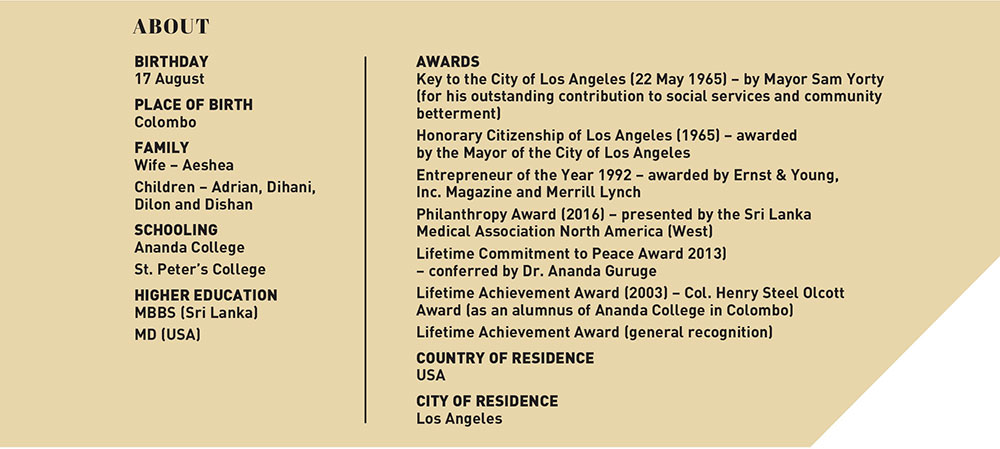
Q: Can you share the motivation behind your move to the US back in 1962? And what cultural and professional adjustments did you have to make?
A: I was serving as the President of the Ceylon University Student Federation, advocating for student rights, when medical graduates from the University of Colombo were required to sign a five year service bond in return for free education. This sparked unrest, leading to a student strike in which I played a prominent role.
During that period, I received an exit permit to attend an international student conference in Quebec, Canada. Given my involvement in activism, I feared that upon returning to Sri Lanka, I’d be assigned a remote and difficult post as a form of punishment. That uncertainty led me to remain in North America, eventually settling in the United States.
The adjustment was smooth. I didn’t experience culture shock as American society had many similarities with the lifestyle and mindset of Sri Lanka’s upper class.
Professionally, I soon found my footing. I became a research scientist at the City of Hope Medical Center in California, which enabled me to begin building my career in medicine and research from the ground up.
Q: Looking back at your journey in a nutshell, what do you consider to be your most noteworthy achievements?
A: Over 65 years in America have brought many meaningful milestones. One of my most noteworthy achievements was earning a master’s degree from UCLA without holding a formal undergraduate degree, which is a rare accomplishment.
I also co-authored around six scientific research papers at the City of Hope Medical Center, despite not possessing a medical degree at the time.
Returning to Sri Lanka to complete my medical degree in 1965 was another defining moment. Every step – from academia to medicine and community service – has been part of a broader journey of perseverance, learning and purpose.
Q: Can you share some defining experiences from your upbringing in Sri Lanka that shaped your values and ambitions?
A: Growing up in Sri Lanka, life was difficult. I lost my father – a British qualified doctor – when I was seven. After his death, my mother remarried but her new husband didn’t accept me. She eventually gave me to my sister, whose troubled household later ended in divorce. From the age of 12, I was passed between uncles, aunts and at times, even strangers.
A turning point came when my mother gave me an old house that had belonged to my father. I built an annex and rented it out to university students. That income supported me through medical school and gave me economic independence at a young age.
Those early challenges didn’t break me – instead, they shaped my ambition and strengthened my values. They gave me the drive to succeed, and serve and uplift others who faced hardship like I once did.
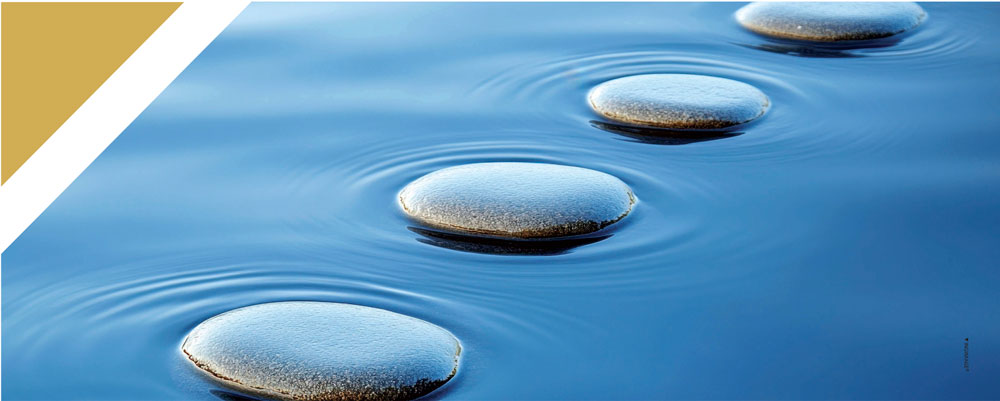
Q: What inspired you to pursue medicine?
A: My inspiration to pursue medicine came from my father, a British qualified doctor who practised in Sri Lanka.
Although he passed away early on, his legacy left a lasting impression on me. I grew up hearing stories about his dedication to patients and service to the community. That deeply influenced me and sparked my desire to follow in his footsteps.
Q: You established one of the first 24 hour walk in clinics in Los Angeles. What motivated you to serve underprivileged communities?
A: After receiving my medical license in Los Angeles, I faced many challenges. I had brought my younger brother to the US for his education, and my sister came to help my wife care for our children.
To support my family, I worked in hospital emergency rooms but found it difficult to work under others. This led me to open my own clinic in downtown LA.
I finished hospital shifts at around 6 p.m. and saw patients at my clinic until midnight. I charged very low fees because I wanted to make healthcare accessible to those who couldn’t afford it. As demand increased, I extended the clinic’s hours with the help of other resident doctors. In 1975, we established one of the first 24 hour walk in clinics in Los Angeles.
Many working-class individuals who couldn’t take time off during the day to bring their pregnant wives to medical appointments inspired me. Offering maternity and general care in the evenings made healthcare more convenient and accessible for them.
What truly motivated me however, was the condition of the underprivileged. Their lack of access to basic medical care was heartbreaking. So operating the 24 hour clinic was both a professional endeavour and moral commitment. My drive came from a deep sense of compassion and responsibility to serve those who were often overlooked.
Every step – from academia to medicine and community service – has been part of a broader journey of perseverance, learning and purpose
Q: What inspired you to establish the Sri Lanka Foundation International? And how has it evolved since its inception in 2003?
A: I established the Sri Lanka Foundation International in 2003 to create a formal organisation dedicated to the Sri Lankan community abroad. I wanted to build a platform to bring people together, celebrate our culture and recognise the contributions of Sri Lankans around the world.
We organised community events such as Sri Lanka Day, Family Fun Day and the Sri Lanka Foundation Awards Ceremony. Through the awards ceremony, I discovered many brilliant Sri Lankans excelling globally. However, outside of their professional circles, many of them were unknown to the wider Sri Lankan community.
That inspired me to use the foundation to spotlight and honour their achievements. Since then, we have recognised over 100 Sri Lankan professionals and the awards ceremony has become an international event that brings pride to our diaspora.
Over time, the foundation expanded its mission beyond cultural and professional recognition. Today, it is involved in social work throughout Sri Lanka, mobilising donations from the international community to fund clean water projects, distribute essential supplies to pregnant women in rural areas and support drug rehabilitation centres.
We’re currently working on launching a scholarship programme with funds already set aside to support underprivileged children in Sri Lanka.
During the COVID-19 pandemic, we sent critical respiratory equipment to hospitals in Sri Lanka. These initiatives reflect the evolving scope of our mission – to preserve Sri Lanka’s heritage while uplifting its people through support and global unity.
Q: You’ve said you believe that “success is a debt, which one owes back to society.” What experiences in your life reinforced this philosophy?
A: The idea that success is a debt comes from my own journey. I received free education in Sri Lanka and have always felt a deep sense of gratitude because of it. To me, the country isn’t just a place – it’s the society, the people, the teachers and the system that shaped me.
That early support gave me the foundation to build a successful life abroad. So I’ve always believed that anyone who leaves Sri Lanka and finds success overseas should feel an obligation to give back, whether through knowledge, resources or service.
If more of us adopt this mindset, I believe Sri Lanka can truly prosper – especially through investments in education and social development.

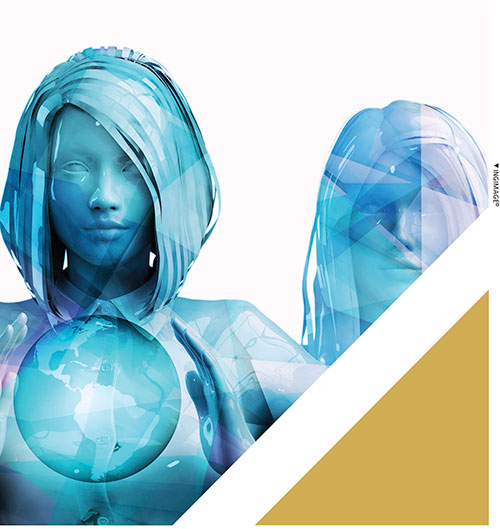
Q: You have been honoured with numerous awards for your contributions to society. Which recognition has been the most meaningful to you – and why?
A: Of all the recognitions I’ve received, the most meaningful was being named Entrepreneur of the Year in 1992 in California. I was selected from among 260 accomplished entrepreneurs across the state.
It was organised by Ernst & Young, Inc. Magazine and Merrill Lynch – three highly respected institutions in the business world.
As an immigrant who started from humble beginnings and built something from the ground up, being acknowledged at that level was deeply affirming. It validated years of hard work, risk taking and dedication to serving my community through both healthcare and entrepreneurship.
I also cherish being awarded the Key to the City of Los Angeles by Mayor Sam Yorty in 1965, in recognition of my contribution to social services and the wellbeing of the local community.
Additionally, having my birthday of 17 August officially recognised by the City of Los Angeles as a day to celebrate Sri Lanka was an incredible honour – that’s the day we now celebrate Sri Lanka Day every year. It symbolised not only my personal journey but also the pride and presence of the Sri Lankan community in the fabric of this great city.
Q: And finally, how would you describe your motherland as it stands today?
A: Sri Lanka is on the path to becoming a great nation. We are beginning to see a shift in leadership, moving away from corrupt self-serving politicians and welcoming promising professionals into parliament.
If this momentum continues, new leaders can bring reform, especially in cleaning up areas such as the judiciary, which has long been viewed as compromised.
While there are still many challenges ahead, I see an awakening in the people and a desire for change. With integrity, education and accountability guiding our future, I believe Sri Lanka can rise to its full potential.
I’ve always believed that anyone who leaves Sri Lanka and finds success overseas should feel an obligation to give back

